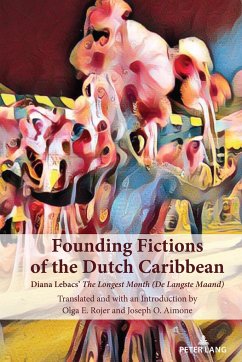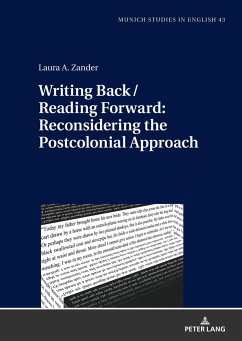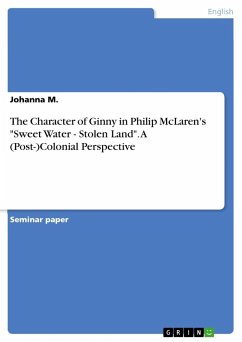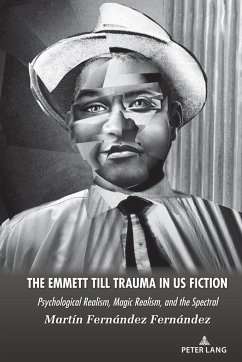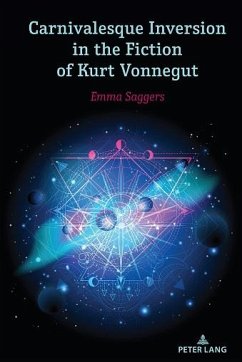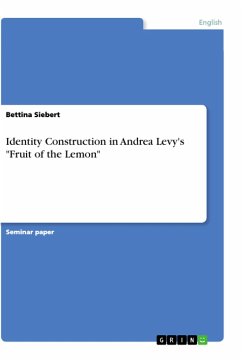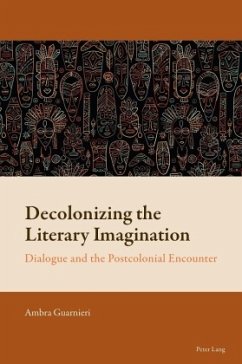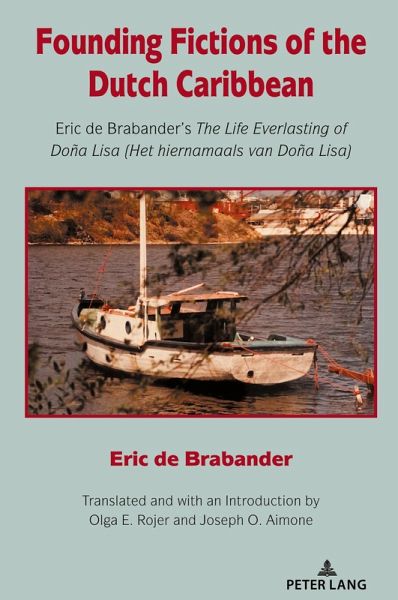
Founding Fictions of the Dutch Caribbean
Eric de Brabander's The Life Everlasting of Doña Lisa (Het hiernamaals van Doña Lisa)
Übersetzung: Rojer, Olga E.; Aimone, Joseph O.
Versandkostenfrei!
Versandfertig in 6-10 Tagen
80,95 €
inkl. MwSt.
Weitere Ausgaben:

PAYBACK Punkte
0 °P sammeln!
Originally published in Dutch as Het hiernamaals van Doña Lisa, The Life Everlasting of Doña Lisa is a hard-boiled, minimalist, postmodern novel about the perennial problems of postcolonialism. This is a tale of a failed attempt to escape Trinta di Mei, the postcolonial revolt of May 30, 1969, on the Dutch Caribbean island of Curaçao. Edgar Raven, nicknamed Boyo, the central character, makes the fateful decision to abandon Curaçao temporarily during these chaotic events. He leaves behind the burned-out husk of his home and dental practice with nothing more than some cash in his pocket and ...
Originally published in Dutch as Het hiernamaals van Doña Lisa, The Life Everlasting of Doña Lisa is a hard-boiled, minimalist, postmodern novel about the perennial problems of postcolonialism. This is a tale of a failed attempt to escape Trinta di Mei, the postcolonial revolt of May 30, 1969, on the Dutch Caribbean island of Curaçao. Edgar Raven, nicknamed Boyo, the central character, makes the fateful decision to abandon Curaçao temporarily during these chaotic events. He leaves behind the burned-out husk of his home and dental practice with nothing more than some cash in his pocket and a few essentials, bringing with him his two closest friends, Kai, a fisherman, and JonJon, a retired marine engineer now paralyzed and condemned to a wheelchair. Together they travel to Venezuela for a "little vacation" and to buy a new fishing boat. This choice unleashes an avalanche of consequences, described in a narrative style that seems like a digressive festival of ideas and philosophies, intellectual duets and arias, stitched together with the clipped and brutal realism of the narration. But the plot leaves Boyo in the company of Sophoclean tragic figures, as close to oblivion as one can come without giving in to it entirely.
A major new contribution to Founding Fictions of the Dutch Caribbean, and a landmark translation, The Life Everlasting of Doña Lisa will appeal to readers interested in the history of the Caribbean, lovers of postmodernist literature, and those teaching courses on Caribbean and postcolonial literature.
A major new contribution to Founding Fictions of the Dutch Caribbean, and a landmark translation, The Life Everlasting of Doña Lisa will appeal to readers interested in the history of the Caribbean, lovers of postmodernist literature, and those teaching courses on Caribbean and postcolonial literature.





